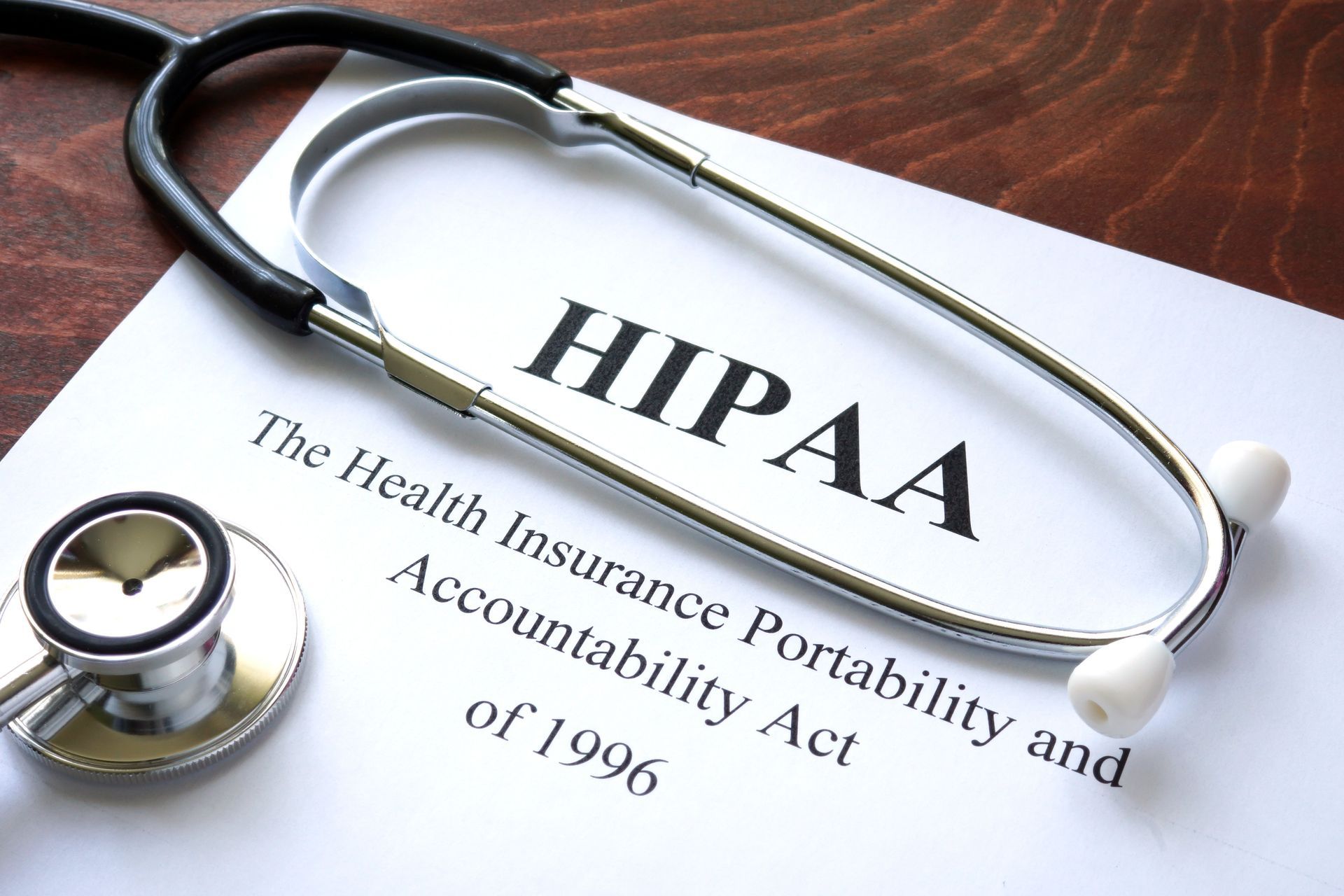
Healthcare patients in Minnesota have important legal rights regarding their treatment, privacy and access to care. While much of the focus is on patients' interactions with doctors and hospitals, an often-overlooked aspect is the connection between healthcare and employment laws, specifically, how employers must handle medical information, workplace accommodations and leave policies related to healthcare needs.
Informed Consent: Your Right to Make Medical Decisions
In Minnesota, informed consent is a fundamental patient right. Before receiving medical treatment, patients must be provided with enough information to make an educated decision about their care. This includes details on:
- The nature and purpose of the treatment
- Possible risks and side effects
- Alternative treatment options
- The expected outcome and recovery process
For employees, informed consent becomes relevant when workplace policies require medical examinations or drug testing. Employers must follow legal guidelines, ensuring employees provide voluntary consent for any medical tests. Certain industries, such as healthcare and transportation, may have stricter testing requirements, but employers cannot force workers to undergo medical procedures.
Employees or job applicants always have the right to refuse, although doing so may result in termination or the loss of a job opportunity.
If you believe your employer or a potential employer has violated your medical rights or coerced you into unwanted testing, you may have legal recourse.
Medical Privacy and Workplace Protections
HIPAA and Employee Medical Information
The Health Insurance Portability and Accountability Act (HIPAA) protects patients’ medical records, but many employees mistakenly believe HIPAA applies to workplace situations. In reality, HIPAA applies to healthcare providers and insurance companies, not employers.
However, employers must still protect employees' medical information under the Americans with Disabilities Act (ADA) and the Minnesota Human Rights Act. These laws require that any medical information shared with an employer (such as for medical leave or workplace accommodations) must be kept confidential and stored separately from general employee records.
If an employer improperly discloses or mishandles your medical information, it could be a violation of employment law.
Employee Rights to Medical Leave and Accommodations
Many workers need time off for medical care, whether for routine appointments, surgeries or long-term treatment. Minnesota and federal laws offer protections to employees needing medical leave.
The Family and Medical Leave Act (FMLA)
Under the Family and Medical Leave Act (FMLA), eligible employees have the right to:
- Take up to 12 weeks of unpaid leave per year for serious medical conditions
- Maintain employer-provided health insurance during leave
- Return to the same or a comparable position after their leave ends
FMLA applies to businesses with 50 or more employees, and workers must have been employed for at least one year to qualify. If your employer denies or retaliates against you for taking FMLA leave, they may be violating employment laws.
The Americans with Disabilities Act (ADA) and Workplace Accommodations
The ADA protects employees with disabilities, requiring employers to provide reasonable accommodations unless it poses an undue hardship. Accommodations can include:
- Modified work schedules for medical treatment
- Remote work options
- Adjustments to job duties or physical workspace
If you are struggling to get necessary workplace accommodations for a medical condition, legal assistance can help you enforce your rights.
The Right to Access Healthcare Without Employer Interference
Employers cannot interfere with an employee’s right to seek medical care. However, disputes sometimes arise in industries with strict attendance policies or limited sick leave options. Key protections include:
- Minnesota’s Earned Sick and Safe Time (ESST) Law and Sick and Safe Time: Recent state legislation requires employers to offer at least some sick time. Some cities in Minnesota, including Minneapolis and St. Paul, have local ordinances requiring employers to offer paid sick leave.
- Retaliation Protections:
Employers cannot punish employees for seeking medical treatment or filing health-related complaints.
- Workers’ Compensation Rights: Minnesota state law requires most businesses to carry workers’ comp insurance. If an injury occurs at work, employees have the right to medical treatment and wage replacement through workers’ compensation.
Legal Protections Against Discrimination Based on Health Conditions
Discrimination against employees based on medical conditions, disabilities or pregnancy is illegal under both federal and Minnesota law. Employers cannot:
- Fire or demote employees due to medical conditions
- Deny reasonable accommodations for a disability
- Disclose private medical information to coworkers
- Retaliate against employees for taking medical leave
Know Your Rights – Get the Legal Help You Deserve in Minnesota Today
Navigating healthcare-related employment laws can be complicated. If you are dealing with medical leave issues, workplace discrimination or an employer violating your medical privacy, a qualified Minnesota employment lawyer may be able to assist you.
Contact us at Minnesota Lawyer Referral and Information Service today or give us a call at (612) 752-6699 to speak with a referral counselor and get connected with an experienced employment attorney




